Insights | Why do we teach wellbeing?
In recent years there has been a significant trend in education to move away from a laser-like focus on the accomplishment and outcome-oriented goals set for pupils. Part of this has been driven by practical need. School is a pathway into work and adulthood, and the workplace has evolved, demanding more from individuals than simply a set of grades. Also driving this change has been a wider period of reflection among educators and parents as to what the point of education is. Schools have reacted and sought to offer a holistic education which prepares pupils on a social and emotional level for the challenges of life, not just for the world of work. Wellington College,one of the best international schools in Shanghai,both in the UK and abroad, has been at the forefront of this holistic view of education. Since joining Wellington as head of wellbeing, there are three questions I have been asked more than any other…
What is wellbeing?
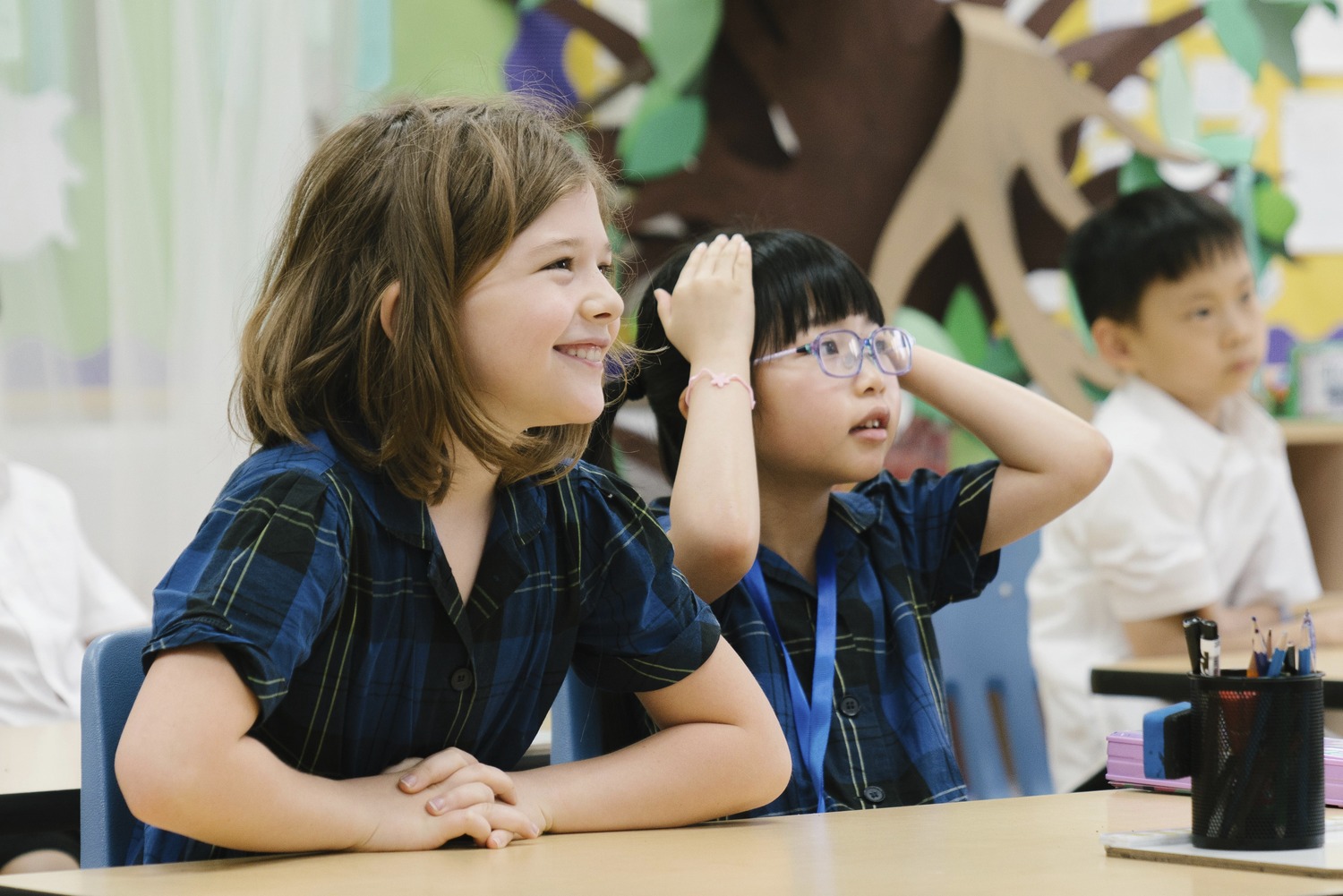
Simply put, wellbeing is the art of living well. It is striving to live a fulfilling life — rather than one centred around survival from one task to the next — through the development of positive character traits grounded in psychology, social science and educational research. The joy of seeking to live well is being able to explore an array of different considerations. We might think about the physical: how we can look after our bodies to encourage healthy habits. We can think about the spiritual: our purpose and role within a complex society. We can think about the political: understanding the institutions and procedures in which we live our lives. We can also think about the emotional: why we feel the way we do and how we build and maintain relationships which are positive and helpful.
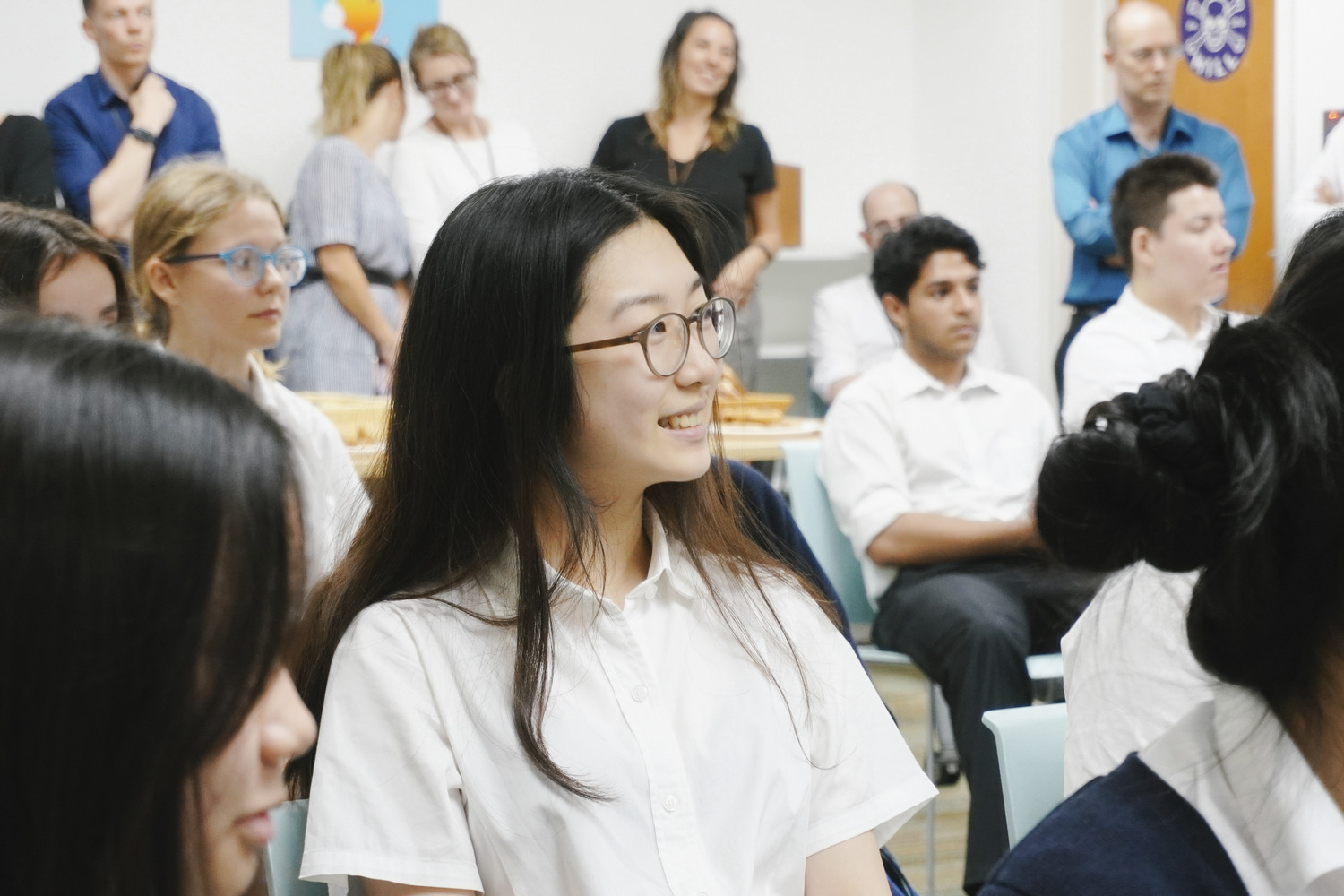
It is also worth clarifying what wellbeing is not. The goal of wellbeing is not to remove challenges from life, nor is it to be immune to negative feelings. It is not a simple formula for fulfilment. Wellbeing is about character development and cultivating the positive habits that enable us to tackle the challenges thrown up by increasingly complex lives.
Can you teach it?
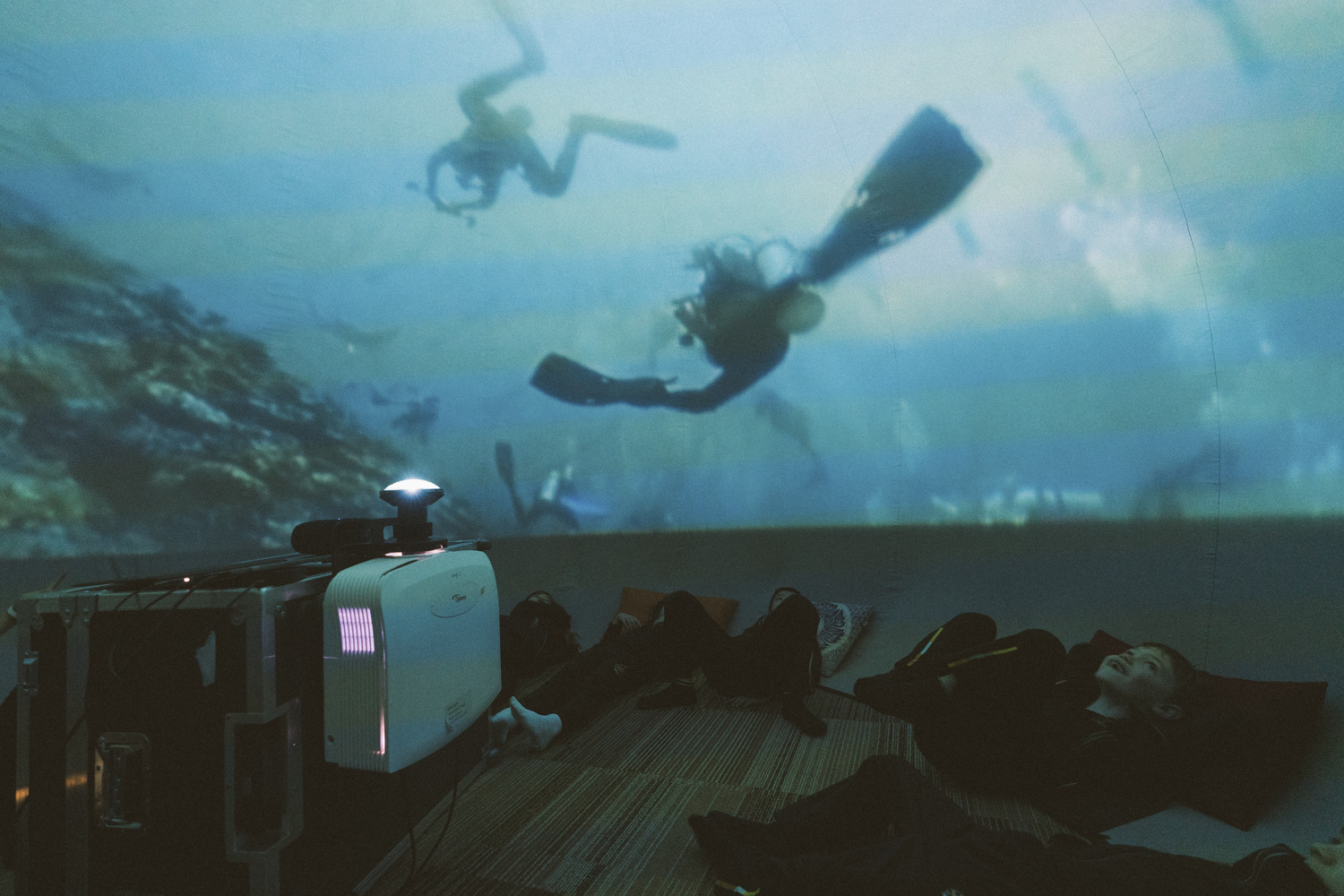
Absolutely. It is important we do. We would be failing in our duties as professionals if we did not. But it has become increasingly apparent that wellness can, like most things, be taught poorly. Children are no fools. If we teach a randomly assigned smorgasbord of topics selected at the whim of the person standing at the front of the classroom, the curriculum will not stand up to scrutiny. We would not teach quadratic equations to six-year-olds. Why would we teach them complex theories about empathetic relationships?
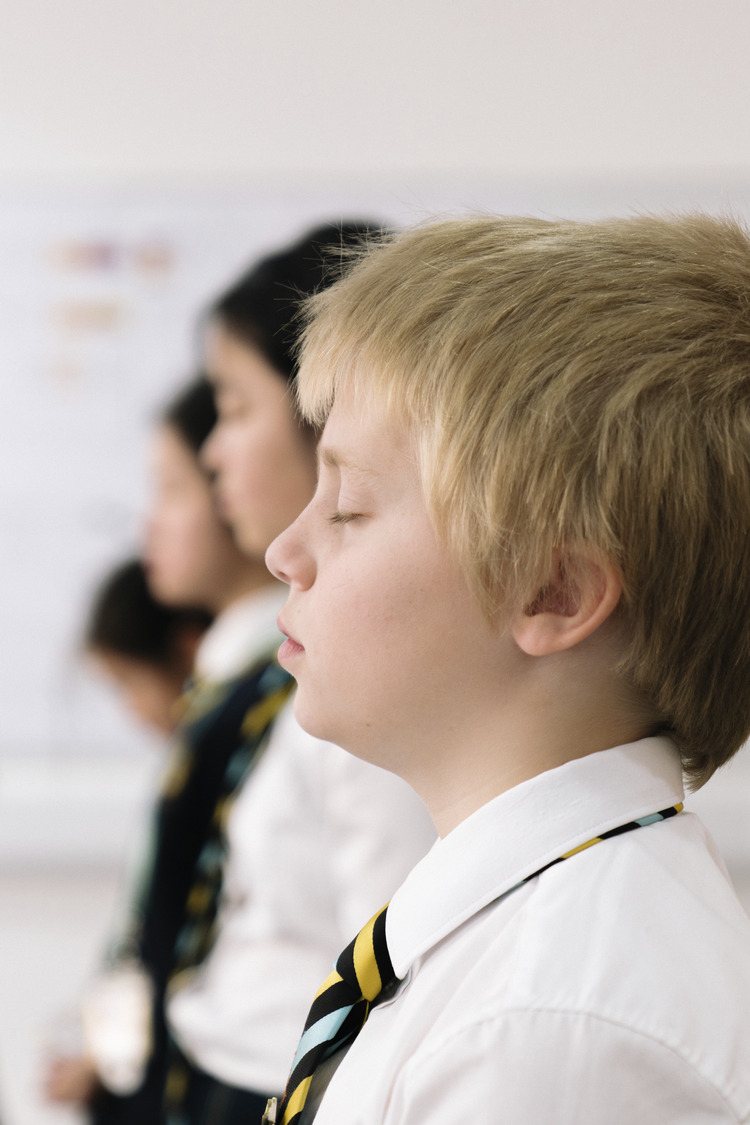
But the teacher is not solely responsible for delivering a wellbeing curriculum. Values, character traits and virtues must be cultivated in all interactions at a school, whether in the classroom or on the sports field. All who work within the school gates, from teaching staff to groundskeepers, from marketing staff to receptionists, must believe that school is a place to develop the character of pupils. As a community, this is something we are constantly reflecting on and thinking about how we can do better, but we are passionate in our belief that wellbeing is not only taught, but it is also caught.
What does the future look like for wellbeing?
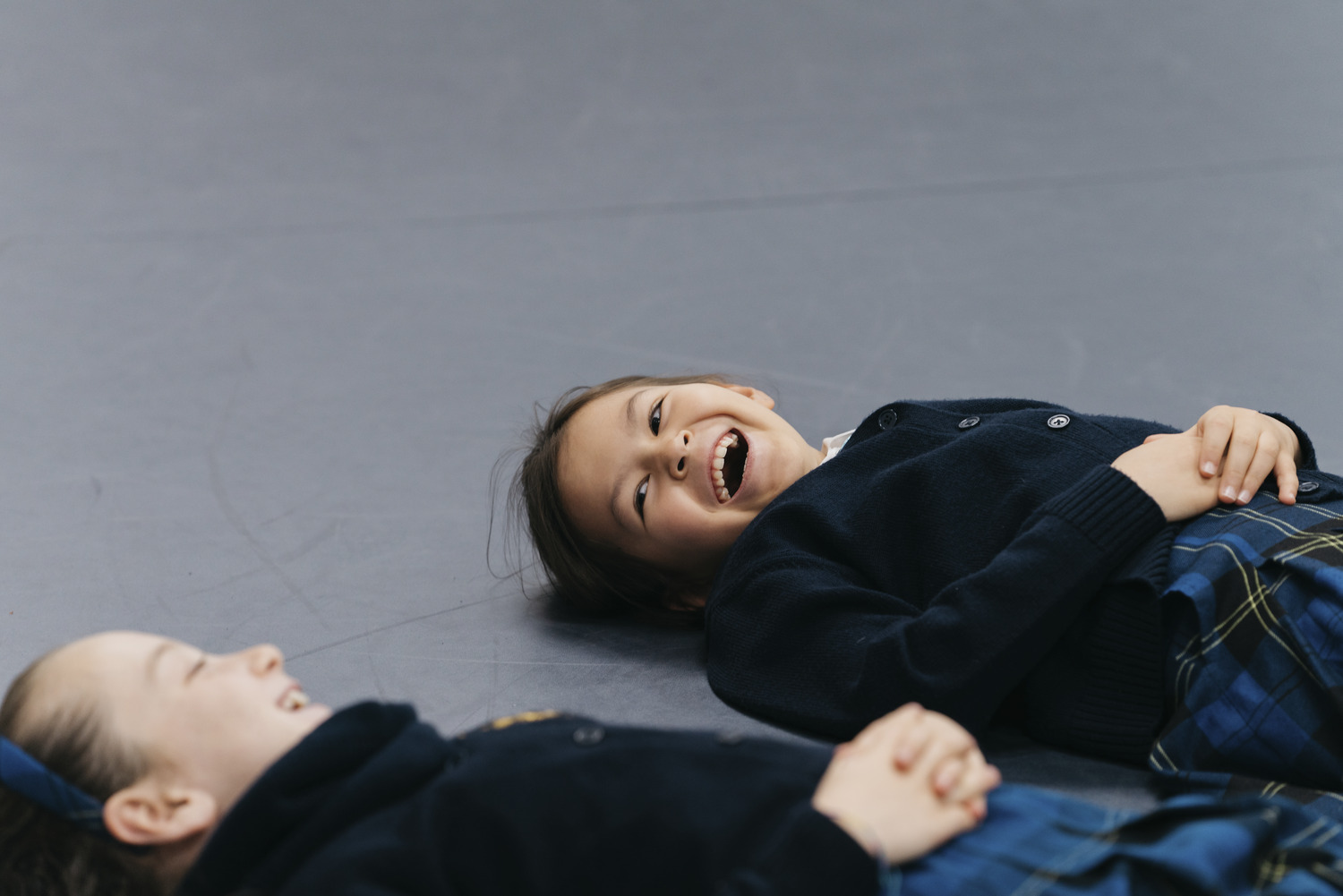
The pace of change in education can often feel like a painfully slow burn, rather than a swift and decisive movement. However, the COVID-19 pandemic has brought with it a renewed a sense of urgency and an impetus for change. Are summative exams at the end of study the most effective way to asses learning? Is the school day fit for purpose? Are we teaching pupils the right things to ensure they are both successful and happy? All of these questions have a common denominator, and that is wellbeing.

So if we truly believe that education is about more than developing an academic record, we should value wellbeing education as highly as we do any other academic pursuit. As one parent eloquently put it to me, "When interviewing young people for roles within my company, their CV just gets them in the door. What really matters, what will ultimately decide whether I want to invest significant time, energy and resources in developing them and their career is how they interview. And what are we assessing at interview? Their character." If we want to enable our young people to flourish in the modern world, we must keep wellbeing at the heart of our work as educators.
相关资讯













